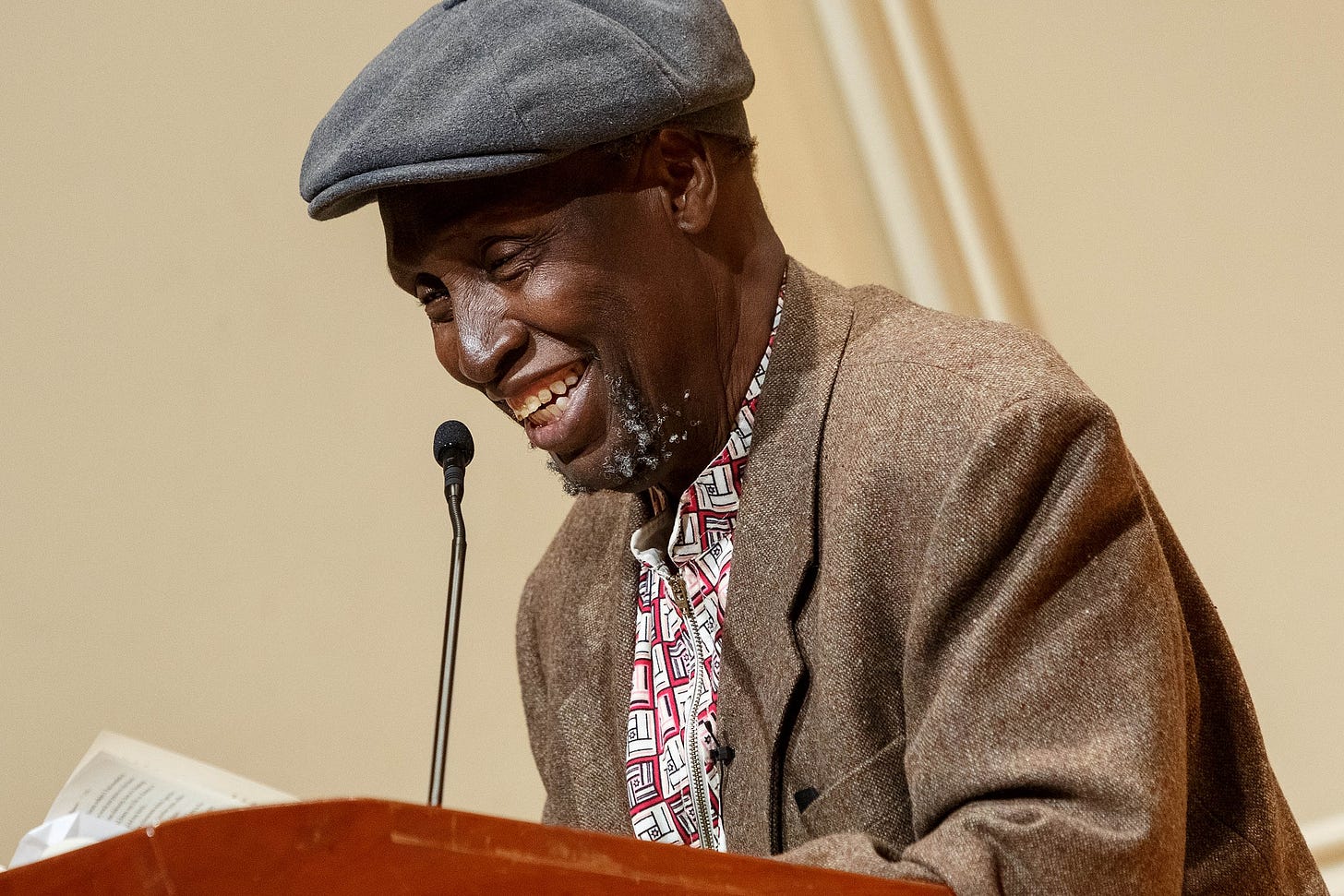Mystery in the Digital Age
Plus: Karl Ove Knausgaard on computers, remembering Ngugi wa Thiong'o and Alice Notley, and the CDC
Timeless stories from our 175-year archive handpicked to add context to the news of the day.
Mystery in the Digital Age
In our June issue, Karl Ove Knausgaard’s essay “The Reenchanted World” recounts his relationship to technology, starting from his first encounter with a computer at his childhood friend’s home. “The experience was the opposite of momentous. The computer was not charged with anything, neither meaning nor the future; it was just a box in a basement den in a house in a river landscape at the edge of the world on a black and wet autumn evening in 1984,” writes Knausgaard. “Forty years on, the technology in the gray box is everywhere, shaping my life in every way, which is strange in itself, but perhaps stranger is the fact that I have never cared about it, just taken it for granted and seamlessly incorporated it into my life.”
In 2005, Matthew Power’s annotation “The Trash Folder” addressed the difficulty of dismantling computers and the dumping grounds where old computers are “recycled.” “Digital information, that ethereal commodity upon which our civilization now subsists, is borne by very real, very mortal vessels,” writes Power. “What few Americans know, however, is that many of their ‘recycled’ computers will themselves travel the world as widely as the Web, but with far more corporeal consequences.”
The Center(s for Disease Control and Prevention) Cannot Hold
[July 2004]
“The peculiar dynamics of American politics, with its periodic spasms of irrational antigovernment hysteria, have ensured that few effective public-health policies fail to attract powerful political enemies.”
Read “We Are Not Immune” by Ronald J. Glasser
[July 2022]
On pandemic bonds and the privatization of public health.
Read “No Pain, No Gain” by Robin Kaiser-Schatzlein
[July 1930]
“Saints went out of style with the Middle Ages. But one appeared again in England in the middle of the 19th century when a gently born young woman laid aside the fripperies of society for the sordid hospitals of London and the fever-ridden army tents of the Crimea.”
Read “The Crisis in Nursing” by Dorothy Dunbar Bromley
Remembering Ngugi wa Thiong'o and Alice Notley

Ngugi wa Thiong'o, who was born in 1938, has died. In September 2006, Randy Boyagoda reviewed Ngugi’s novel Wizard of the Crow. “The pull and promise of Wizard of the Crow, beyond Ngugi’s bold description of the book as an effort ‘to sum up Africa of the twentieth century in the context of 2,000 years of world history,’ is evident in the labyrinthine wonders of its opening chapters, which involve the author's most raucous and ambitious combination to date of satire, social realism, and supernatural occurrence.”
Last week, Alice Notley, who was born in 1945, died. Her poem “Nine and Ten” appeared in our July 2016 issue.
Fearing loss of one consciousness in coming to another,
I woke up reanimated as a familiar agent of some state,
enjoying immunity from testifying about my previous
sufferings, since I wouldn’t remember their particulars—
the 9 and 10 of swords. I live in this building. I am a caller
of souls, or words, for you never know what bit of spirit will
be magnetized where. One man is attracted to the letters
for intention but he can’t read. I myself won’t read this
after I’ve written it, any kind of past life pains me now,
treading unnecessarily on bacteria, misspeaking, being
discriminated against as a tragic stranger.









